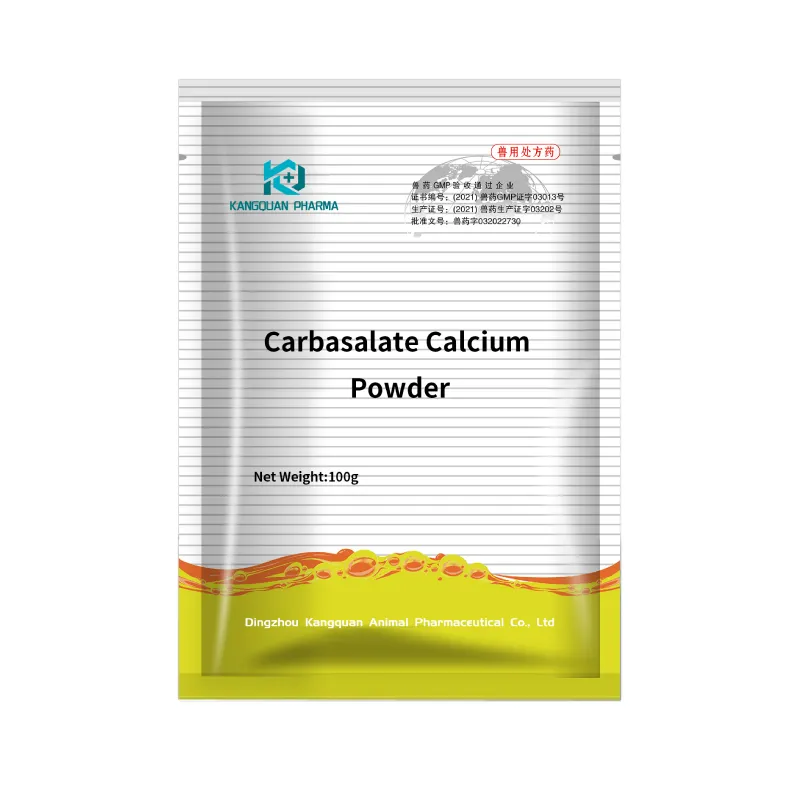- Afrikaans
- Albanian
- Amharic
- Arabic
- Armenian
- Azerbaijani
- Basque
- Belarusian
- Bengali
- Bosnian
- Bulgarian
- Catalan
- Cebuano
- Corsican
- Croatian
- Czech
- Danish
- Dutch
- English
- Esperanto
- Estonian
- Finnish
- French
- Frisian
- Galician
- Georgian
- German
- Greek
- Gujarati
- Haitian Creole
- hausa
- hawaiian
- Hebrew
- Hindi
- Miao
- Hungarian
- Icelandic
- igbo
- Indonesian
- irish
- Italian
- Japanese
- Javanese
- Kannada
- kazakh
- Khmer
- Rwandese
- Korean
- Kurdish
- Kyrgyz
- Lao
- Latin
- Latvian
- Lithuanian
- Luxembourgish
- Macedonian
- Malgashi
- Malay
- Malayalam
- Maltese
- Maori
- Marathi
- Mongolian
- Myanmar
- Nepali
- Norwegian
- Norwegian
- Occitan
- Pashto
- Persian
- Polish
- Portuguese
- Punjabi
- Romanian
- Russian
- Samoan
- Scottish Gaelic
- Serbian
- Sesotho
- Shona
- Sindhi
- Sinhala
- Slovak
- Slovenian
- Somali
- Spanish
- Sundanese
- Swahili
- Swedish
- Tagalog
- Tajik
- Tamil
- Tatar
- Telugu
- Thai
- Turkish
- Turkmen
- Ukrainian
- Urdu
- Uighur
- Uzbek
- Vietnamese
- Welsh
- Bantu
- Yiddish
- Yoruba
- Zulu
8 月 . 14, 2024 05:12 Back to list
Optimal Dosage Guidelines for Ivermectin Injection in Dogs for Safe Treatment
Understanding Ivermectin Injection Dosage for Dogs
Ivermectin is a widely used antiparasitic medication that has gained popularity in both veterinary and human medicine. In the context of canine care, Ivermectin is predominantly utilized to treat various parasitic infections such as heartworm, mange, and certain types of lice. However, administering the correct dosage is crucial, as improper use can lead to severe adverse effects.
What is Ivermectin?
Ivermectin belongs to a class of drugs called avermectins, which are derived from a soil bacterium known as Streptomyces avermitilis. It works by affecting the nervous system and muscle activity of parasites, leading to their paralysis and eventual death. For dogs, Ivermectin is effective against heartworms, intestinal parasites, and some ectoparasites like mites.
Dosage Guidelines
The dosage of Ivermectin for dogs can vary depending on the condition being treated, the size and weight of the dog, and the formulation of the medication (oral, topical, or injectable). It’s essential for pet owners to follow veterinary instructions closely to ensure the safety and health of their dogs.
For injectable Ivermectin, the general guideline is around 0.1 to 0.2 mg per kg of body weight, but this can vary based on specific needs and conditions. It is typically given subcutaneously (under the skin) or intramuscularly (in the muscle).
For example, a 25 kg dog may require a dose within the range of 2.5 to 5 mg of Ivermectin. However, this is just a general guideline. Always consult with a veterinarian for the appropriate dosage specific to your dog's circumstances.
ivermectin for dogs injection dosage

Risks and Side Effects
While Ivermectin is safe for many dogs, certain breeds may be more susceptible to ivermectin toxicity, particularly herding breeds such as Collies, Australian Shepherds, and Shetland Sheepdogs. These breeds often have a genetic mutation that affects their ability to metabolize the drug, leading to potential toxic accumulation. Common symptoms of ivermectin toxicity include staggering, seizures, excessive drooling, and in severe cases, coma or death.
It is essential for dog owners to disclose their pet's breed and any existing health conditions to their veterinarian before beginning treatment with Ivermectin.
Consulting with a Veterinarian
Before administering Ivermectin, pet owners should always consult with a veterinarian, who can assess the dog’s health status and recommend the most appropriate treatment plan. The vet may conduct tests to rule out heartworm infection or other parasitic infestations, and they can make a tailored recommendation based on the individual dog’s needs.
In situations where Ivermectin cannot be safely used, alternative treatments are available. These may include other antiparasitic medications and treatments specifically designed for each kind of parasite.
Conclusion
In conclusion, Ivermectin can be an effective treatment for various parasitic infections in dogs, but it is vital to administer it properly and with veterinary guidance. Proper dosing according to the dog’s weight and condition can ensure the treatment’s effectiveness while minimizing the risk of adverse effects. Always prioritize your pet’s health by seeking professional advice and discussing any concerns with your veterinarian when considering the use of Ivermectin or any medication.
-
The Power of Radix Isatidis Extract for Your Health and Wellness
NewsOct.29,2024
-
Neomycin Sulfate Soluble Powder: A Versatile Solution for Pet Health
NewsOct.29,2024
-
Lincomycin Hydrochloride Soluble Powder – The Essential Solution
NewsOct.29,2024
-
Garamycin Gentamicin Sulfate for Effective Infection Control
NewsOct.29,2024
-
Doxycycline Hyclate Soluble Powder: Your Antibiotic Needs
NewsOct.29,2024
-
Tilmicosin Premix: The Ultimate Solution for Poultry Health
NewsOct.29,2024













